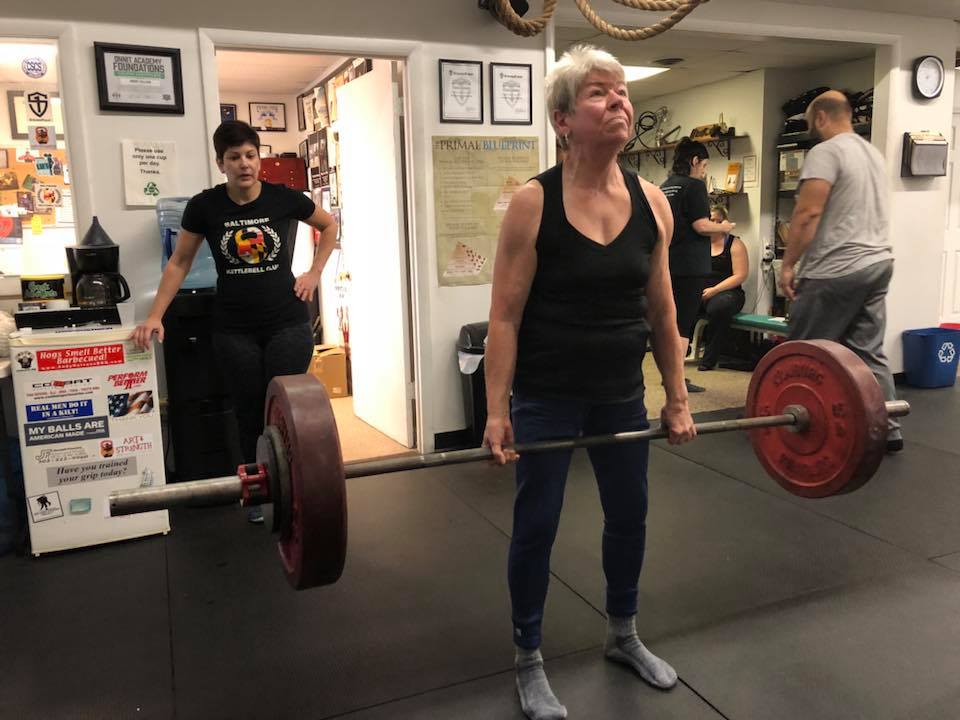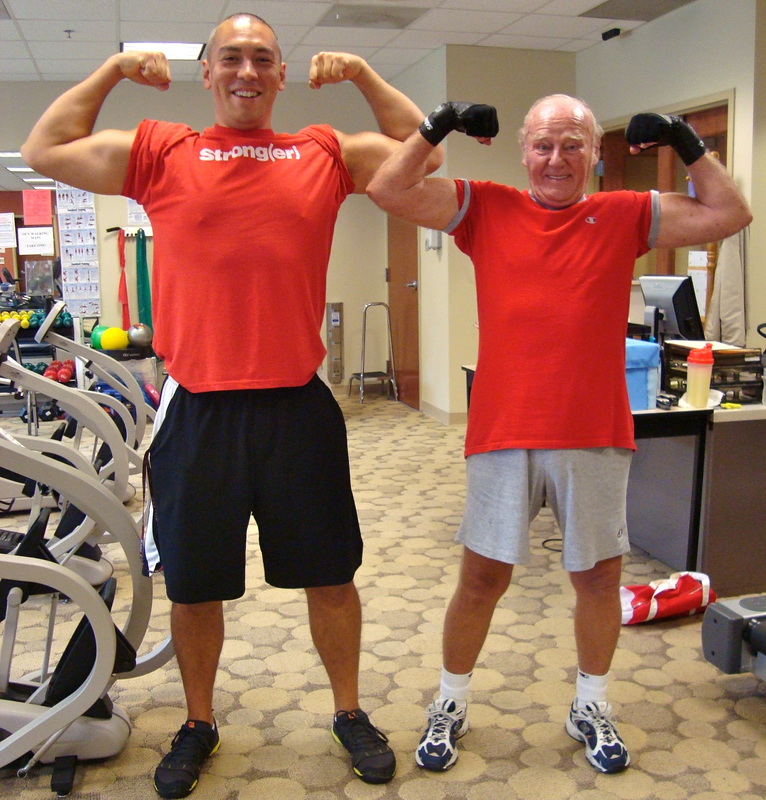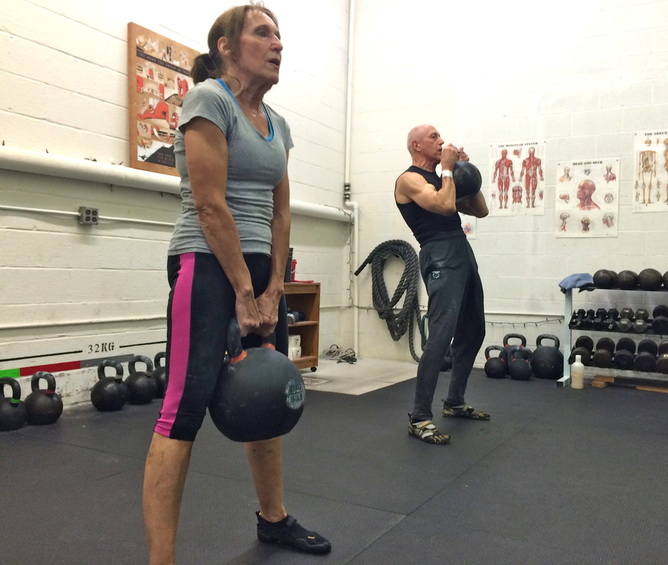
by June Duncan
Maintaining independence and enjoying your usual activities can be difficult as you age. Many key aspects of your health may begin to deteriorate, and you may find yourself with things like heart trouble, brittle bones, impaired balance, and general overall fatigue, which can severely restrict freedom of movement and make it hard to enjoy life.
Fortunately, there’s an exercise option that addresses all of these conditions and more. Strength training is fun, and you can do it at a gym, with a personal trainer, or in the privacy of your home. It improves muscular health by working specific muscle groups with free weights, resistance bands, or weight machines. Muscles gain strength and greater flexibility through resistance-weight exercise, which forces them to adjust to increased loads.

A study published in the Journal of Bone and Mineral Research revealed that 30 minutes of high-intensity resistance strength training twice weekly improved bone density and overall strength in older women with diminished bone mass. In fact, strength training benefits people of all age groups in so many ways that the Centers for Disease Control and Prevention (CDCP) have begun recommending that people do resistance training at least twice a week to strengthen their arms, shoulders, legs, chest, and hips.
Benefits for the Elderly
The benefits of strength training for older adults have been known since the 1990s when a surgeon general’s report first recommended that it be used in conjunction with aerobic exercise among the elderly population. Older adults gain improved balanced and mobility, stronger bone density, and an enhanced ability to perform daily activities without problems often associated with movement. Strength training has also been shown to reduce pain among arthritis sufferers, decrease the danger of a cardiovascular event, combat obesity by increasing your metabolism, and mitigate chronic back pain. It also improves one’s mental/emotional well-being, regulates sleep patterns, and helps prevent depression.

Weight and Movement
Strength training is a great option for seniors because it helps in maintaining a healthy weight level and improves posture and coordination. That means you’re able to get around easier without the physical discomfort you may have experienced prior to beginning a strength training program. Strength training elevates your resting metabolism, meaning you burn more calories when you’re not exercising if you’re on a consistent strength-training program. And stronger muscles and improved coordination means you’re much less likely to fall, a frequent problem among seniors.
Gradual Intensity
Resistance training is a good option for older adults because you can work into it gradually. The CDCP recommends a routine that begins with building strength by using your own body weight. Once you feel stronger and more flexible, you can move on to weight training with dumbbells and kettlebells (though consider finding a qualified kettlebell trainer). As you grow stronger, add new variations that work for you and help you take advantage of greater flexibility. As you progress, consider setting up a home gym, with a full complement of free weights, resistance bands, and other equipment.

Easy and Inexpensive
Strength training can be done at minimal expense, since it doesn’t require an investment in pricey equipment. You can get the full benefit of strength training workouts with nothing more than a sturdy chair; an open, carpeted area; a good pair of rubber-soled shoes; a set of dumbbells and ankle weights; and some comfortable, loose-fitting clothing.
Strength training is a convenient and effective way to maintain your independence through regular exercise. But as with any workout regimen, take care not to overdo it. Go at your own pace, recognizing that you can always step things up a bit when you feel stronger.
-June Duncan

Exercise is really good for all ages. It definitely improves our body’s strength and health.